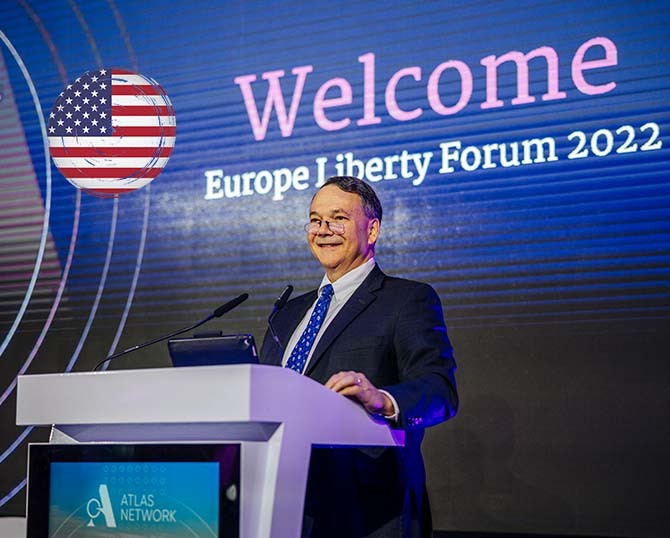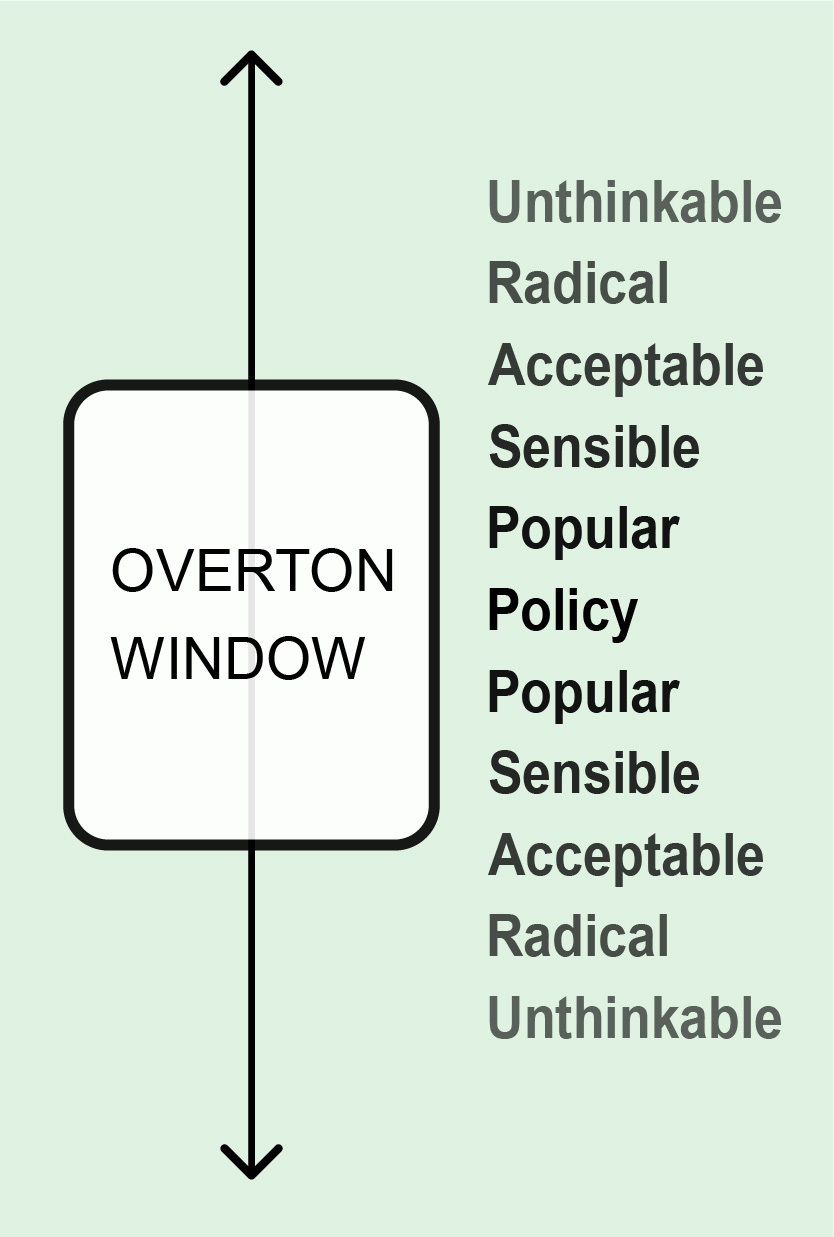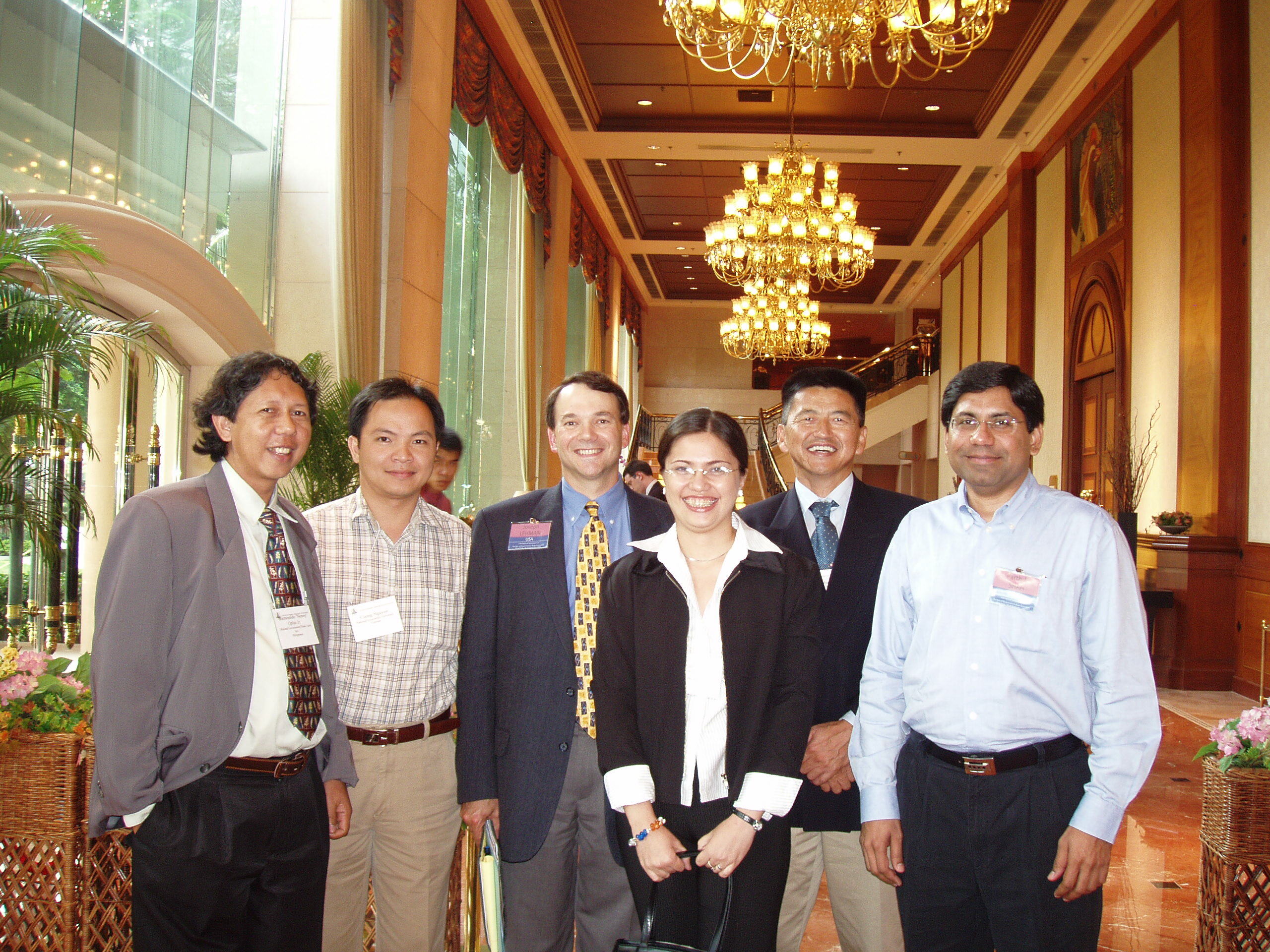Promoting Free Societies
Joining the Save-the-World Business


Every year, hundreds of promising think tank and civil society leaders from around the world learn to increase their impact for liberty through Atlas Network Academy’s professional development and certification programs.
It’s a concept that may have never come to fruition if not for an engineer who became a think tank visionary.
Joe Lehman was in his ninth year working at Dow Chemical Company when he decided to follow his friend and former Dow colleague, the late Joseph Overton, to start a new career at the Mackinac Center for Public Policy, an Atlas Network partner think tank in Midland, Michigan.
Though Joe Lehman is well known for his advocacy for free-market and limited-government policies in the United States, his decision to join what he calls “the save-the-world business” has also been defined by his role in supporting the global freedom movement.
Creating Possibilities
In 1998, the Mackinac Center sought to multiply the effectiveness of peer organizations by launching its Leadership Seminar for Think Tank Professionals and Executives. About 600 trainees from more than 50 countries took courses on strategic planning, communications, and fundraising. Participants also learned about the groundbreaking Overton Window theory of policy change, developed by and named for Mackinac Center’s fondly remembered senior vice president.

The Overton Window visualizes how intellectual entrepreneurs can bring ideas that were once unthinkable into the mainstream, expand the “window of political possibilities,” and make progress toward policies that promote freedom. It also proved a useful way to explain what a think tank does.
“The job of a free-market think tank—a liberal think tank—is to shift the Overton Window,” said Joe. “And that work is done by persuasion, by changing opinion, by doing the research, by debating things, by testing ideas.”
As his involvement in the Leadership Seminar and Atlas Network continued, Joe began to realize securing freedom in the long term required thinking globally. He was captivated by the international leaders he met through his work. They were often making progress under difficult circumstances his peers would not face on their worst days in the United States.
“The Overton Window can move to some places we don’t want it to go,” said Joe. “America shouldn’t just be keeping its freedom to itself. The country will be stronger if we have more friends and allies around the world who see the benefits of freedom and human flourishing the way that we do.”

A Conversation
In the early years of Joe’s tenure as president of the Mackinac Center, he received a phone call from Brad Lips, who was then the newly promoted president of Atlas Network.
“He called me and he asked me a question that he really didn’t have any right to ask, but he did anyway,” said Joe.
“He said, ‘Joe, you guys at the Mackinac Center have been running this training, attracting people from all over the world. And we want to start a training program at Atlas Network. Can we somehow combine forces? Can we work together?’”
Joe said the timing of the question couldn’t have been better. He had reached the conclusion that while international training wasn’t a central part of Mackinac Center’s mission, it could be a comparative advantage if continued through Atlas Network.
By sharing what the Mackinac Center had learned from developing training programs, Atlas Network Academy was born.
Today, Atlas Network Academy facilitates training, coaching, mentorship, and collaboration on every inhabited continent. Certification track courses including Marketing Fundamentals, Fundraising Theory and Practice, and Think Tank 360 are even available online, often provided in multiple languages.
“Atlas Network has accomplished far more with our former leadership training at the Mackinac Center than we ever could have,” said Joe.
Shared History, Bright Future
To this day, the Mackinac Center team has a close relationship with Atlas Network partners. Joe is a frequent speaker and attendee at Regional Liberty Forums in Latin America, Europe, Africa, and Asia, and serves on the Atlas Network Global Council of CEOs, a group of policy leaders who consult for the network and share knowledge among peers.
Mackinac Center staff members have also participated in Atlas Network’s mentorship program, which pairs them with peers from other partner organizations. Whether serving as mentors or mentees, the experience provides a valuable opportunity to gain fresh insights on advancing freedom.
“It’s one thing for our team to see how we do things in our own circles. But being involved in a mentorship pairing means you get an entirely new perspective from somebody who still has your best interests at heart.” He added, “I always come back from Atlas Network events with the stories of people fighting for freedom in dangerous conditions. And those stories are inspiring. Those stories remind us how important our work is here.”